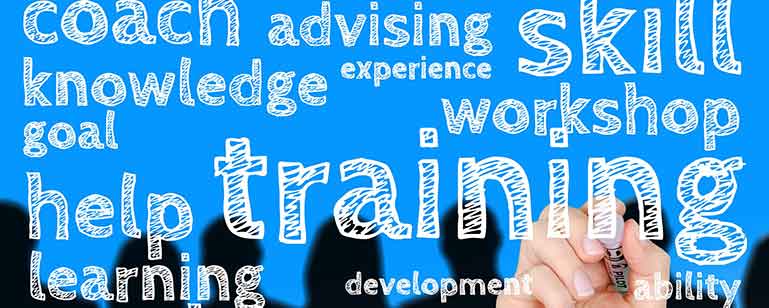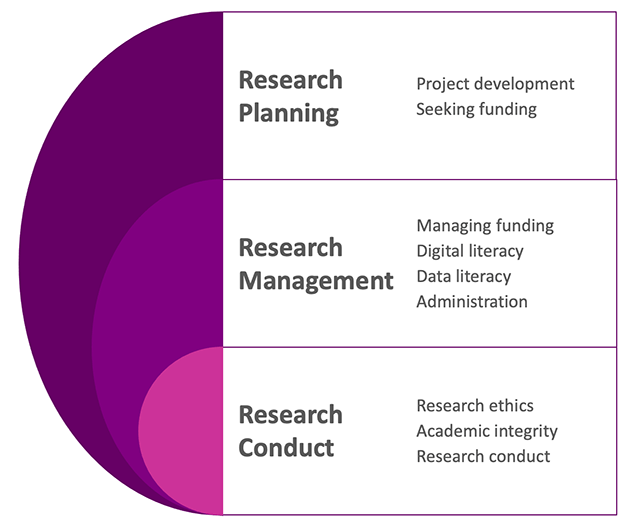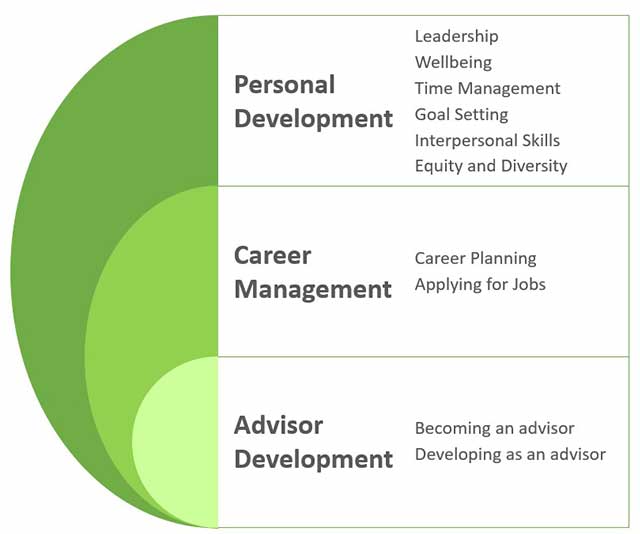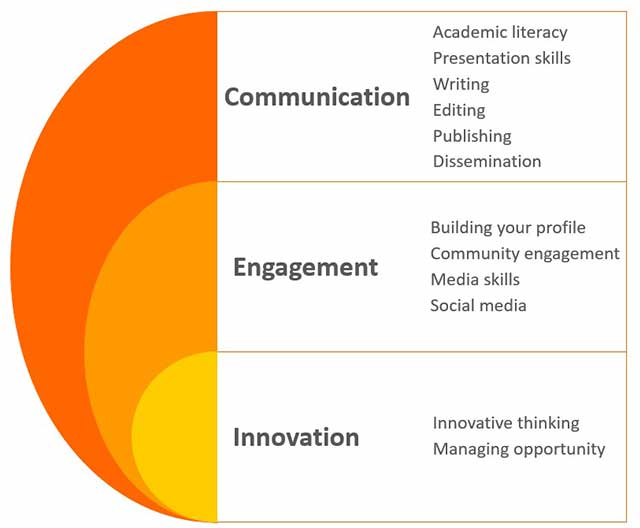Researcher Development Portal Researcher Development Hub
Researcher Development Hub
- Future Students
- JCU Global Experience
- International Students
- Open Day
- How to apply
- Pathways to university
- Virtual Open Day
- Living on Campus
- Courses
- Publications
- Scholarships
- Parents and Partners
- JCU Heroes Programs
- Aboriginal and Torres Strait Islander in Marine Science
- Elite Athletes
- Defence
- Current Students
- New students
- JCU Orientation
- LearnJCU
- Placements
- CEE
- Unicare Centre and Unicampus Kids
- Graduation
- Off-Campus Students
- JCU Job Ready
- Safety and Wellbeing
- JCU Prizes
- Professional Experience Placement
- Employability Edge
- Art of Academic Writing
- Art of Academic Editing
- Careers and Employability
- Student Equity and Wellbeing
- Career Ready Plan
- Careers at JCU
- Partners and Community
- JCU-CSIRO Partnership
- Alumni
- About JCU
- Reputation and Experience
- Chancellery
- Governance
- Celebrating 50 Years
- Academy
- Indigenous Engagement
- Education Division
- Graduate Research School
- Research and Teaching
- Research Division
- Research and Innovation Services
- CASE
- College of Business, Law and Governance
- College of Healthcare Sciences
- College of Medicine and Dentistry
- College of Science and Engineering
- CPHMVS
- Anthropological Laboratory for Tropical Audiovisual Research (ALTAR)
- Anton Breinl Research Centre
- Agriculture Technology and Adoption Centre (AgTAC)
- Advanced Analytical Centre
- AMHHEC
- Aquaculture Solutions
- AusAsian Mental Health Research Group
- ARCSTA
- Area 61
- Lions Marine Research Trust
- Australian Tropical Herbarium
- Australian Quantum & Classical Transport Physics Group
- Boating and Diving
- Clinical Psychedelic Research Lab
- Centre for Tropical Biosecurity
- Centre for Tropical Bioinformatics and Molecular Biology
- CITBA
- CMT
- Centre for Disaster Solutions
- CSTFA
- Cyclone Testing Station
- The Centre for Disaster Studies
- Daintree Rainforest Observatory
- Fletcherview
- JCU Eduquarium
- JCU Turtle Health Research
- Language and Culture Research Centre
- MARF
- Orpheus
- TESS
- JCU Ideas Lab
- TARL
- eResearch
- Indigenous Education and Research Centre
- Estate
- Work Health and Safety
- Staff
- Discover Nature at JCU
- Cyber Security Hub
- Association of Australian University Secretaries
- Services and Resources Division
- Environmental Research Complex [ERC]
- Foundation for Australian Literary Studies
- Gender Equity Action and Research
- Give to JCU
- Indigenous Legal Needs Project
- Inherent Requirements
- IsoTropics Geochemistry Lab
- IT Services
- JCU Webinars
- JCU Events
- JCU Motorsports
- JCU Sport
- Library
- Mabo Decision: 30 years on
- Marine Geophysics Laboratory
- Office of the Vice Chancellor and President
- Outstanding Alumni
- Pharmacy Full Scope
- Planning for your future
- Policy
- PAHL
- Queensland Research Centre for Peripheral Vascular Disease
- Rapid Assessment Unit
- RDIM
- Researcher Development Portal
- Roderick Centre for Australian Literature and Creative Writing
- Contextual Science for Tropical Coastal Ecosystems
- State of the Tropics
- Strategic Procurement
- Student profiles
- SWIRLnet
- TREAD
- TropEco for Staff and Students
- TQ Maths Hub
- TUDLab
- VAVS Home
- WHOCC for Vector-borne & NTDs
- Media
- Copyright and Terms of Use
- Australian Institute of Tropical Health & Medicine
- Pay review

In addition to deep disciplinary knowledge, all researchers need to identify and develop the skills that allow them to plan and conduct research, to achieve their career and employability goals, and to develop as individuals.
The JCU Researcher Development Framework (RDF) has been designed to articulate skills and capabilities in three key areas in which researchers need to develop during their careers:
Each key area is then further broken down into a number of capabilities. Exploring each of the key areas and its attendant capabilities will help researchers to identify areas for your own development. It also offers a useful frame for providers of training to identify where there are gaps in the provision of workshops and other learning material.
As a researcher progresses both through their career and from project to project, skills and capabilities at higher levels of complexity are likely to be needed. Wherever possible, training mapped to the RDF is classified according to a simple three-tiered format: Foundational, Intermediate, and Advanced.
Researcher Effectiveness
To be an effective researcher, you need a deep knowledge of your own discipline and subject matter together with a number of personal qualities - curiosity, determination, and persistence to name a few.
But these will not be enough without some very specific knowledge and skills around how to best plan, conduct and manage your research project. The sub-categories and capabilities that reside in the Researcher Effectiveness category of the framework are designed to raise your awareness of the types of issues you face when embarking on a research project.

Follow the links to the sub-categories below and you will find helpful information and training opportunities:
Personal Effectiveness
It is highly probable that your research is only a part of your working life. If you are like most researchers, you are juggling a developing research career with a challenging teaching load and a personal life!
The Personal Effectiveness sub-category contains capabilities that we believe are central to your professional development and career management.

Follow the links to the sub-categories below and you will find helpful information and training opportunities:
Engagement and Impact
It could be argued that it has never been more important for researchers to engage with others beyond their immediate discipline-based groups. Industry and community engagement are the catchcries of modern research, with ‘industry’ being broadly defined to mean almost any enterprise outside academia.
This sub-section contains information on how to ensure the wider impact of your research and to gain the knowledge and skills you need to work with both your relevant industries and the broader community.

Follow the links to the sub-categories below and you will find helpful information and training opportunities: